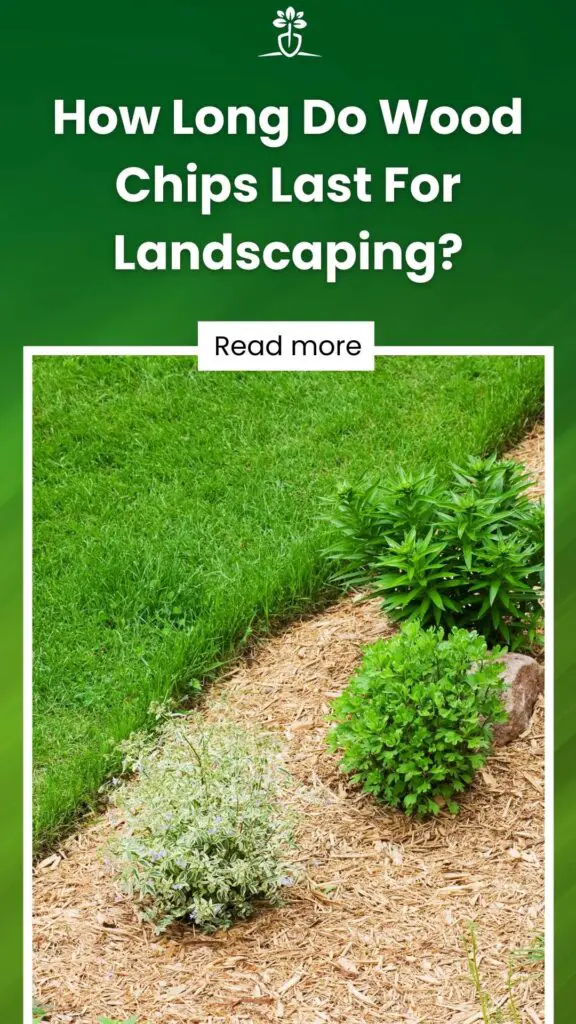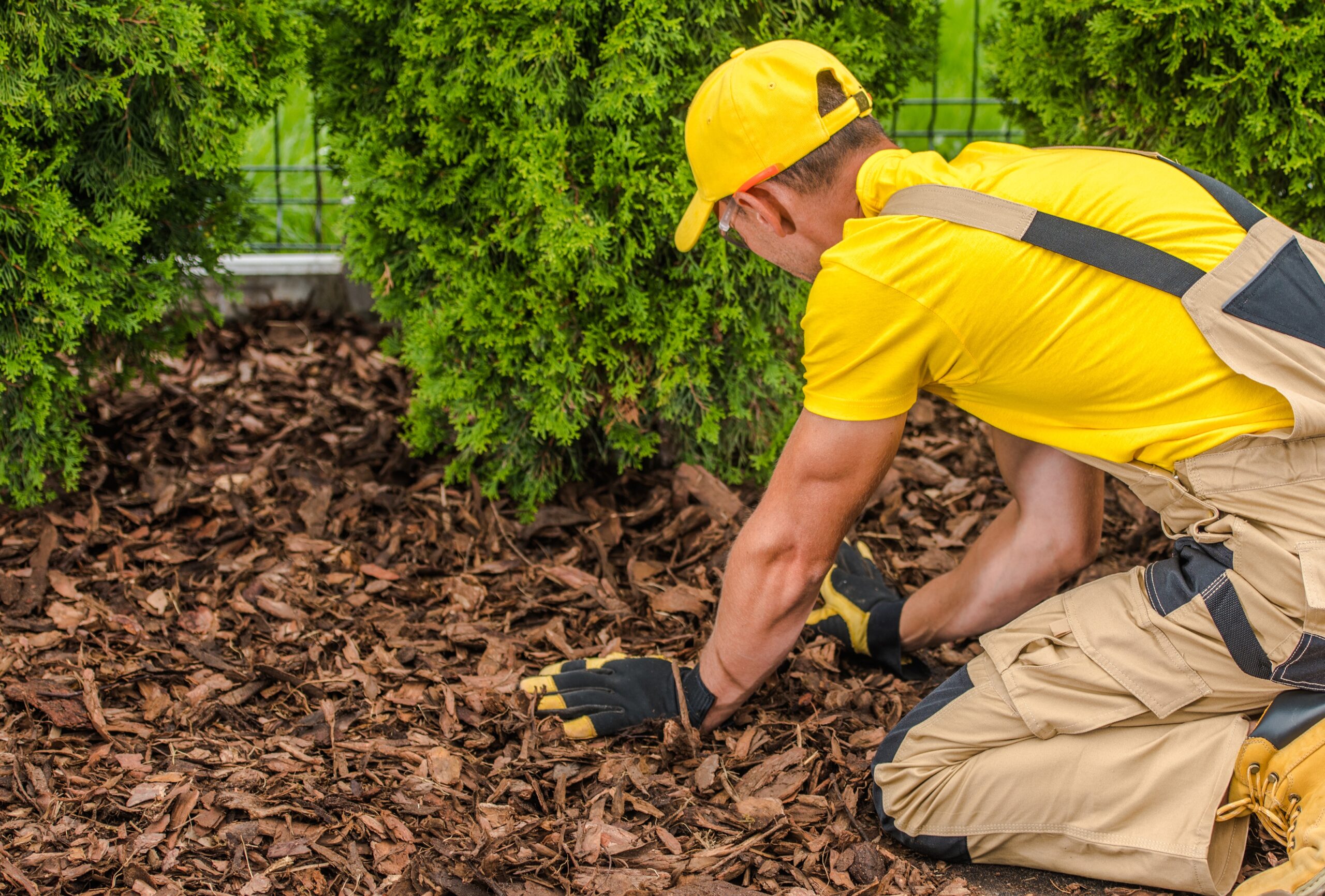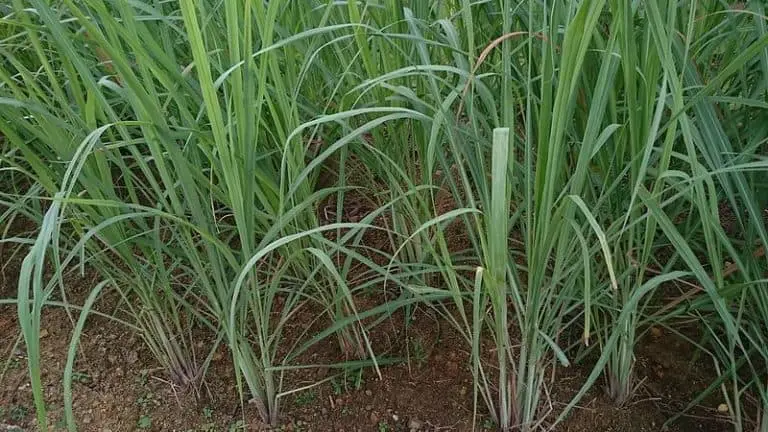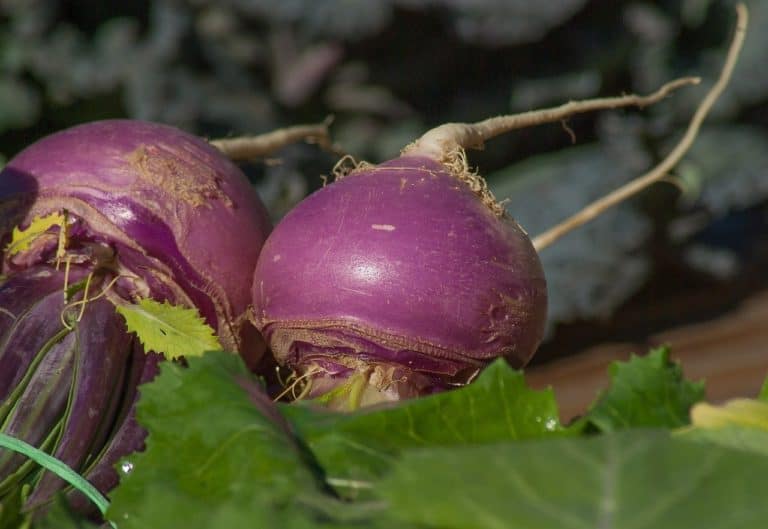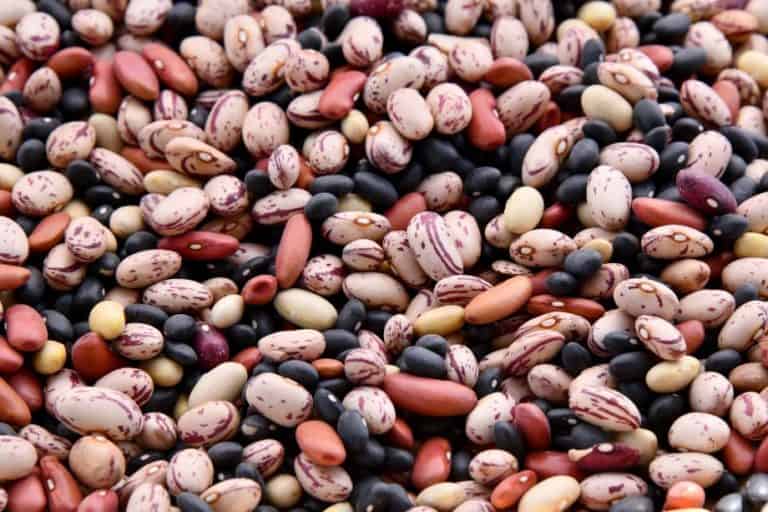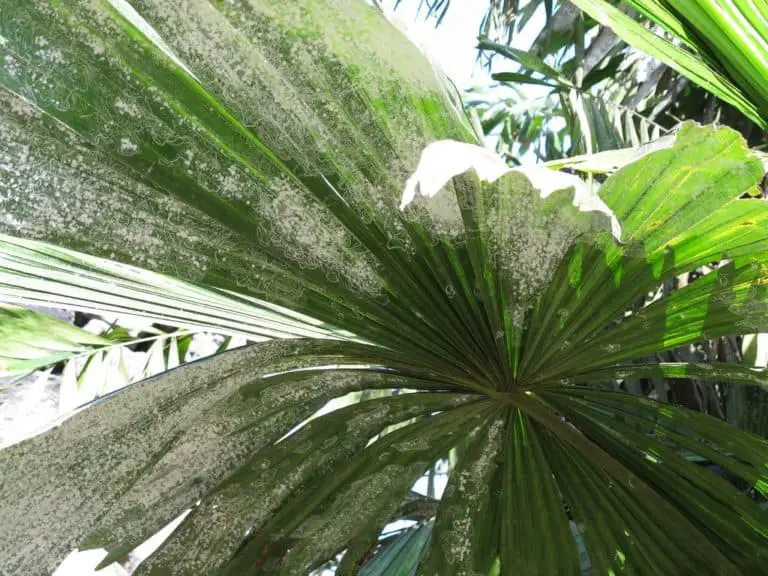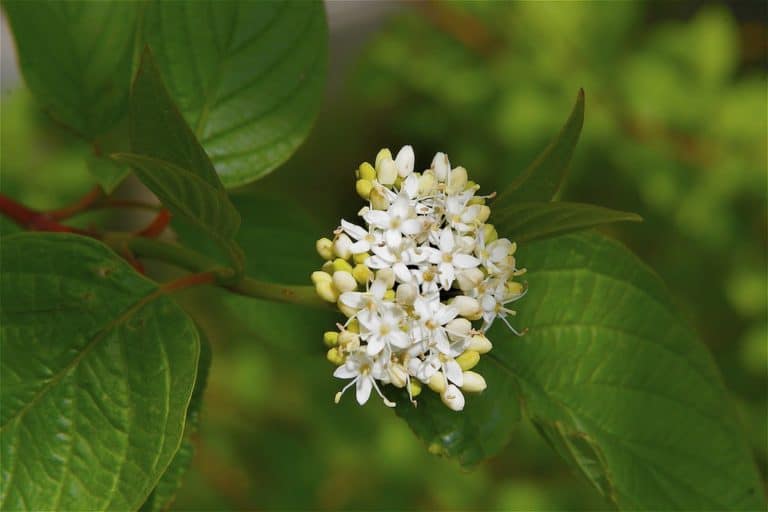How Long Do Wood Chips Last For Landscaping?
The world of landscaping is loaded with cool stuff to make your yard stand out. Wood chips add a natural vibe and come in a bunch of lively colors. Curious about how long these wood chips stay fresh and when it’s time for a change? Jump in to uncover the answers, plus some nifty tips for keeping your garden looking superb.
On average, wood chips will last for two to three years before they need to be replaced. Finer mulch may need replacing or refreshing twice a year. However, this can vary depending on the type of wood used and the environmental conditions.
For example, pine chip shredded mulch generally breaks down faster than hardwood chips, and chips in a hot, dry climate will break down more quickly than those in a cool, moist climate. So how often should you replace mulch and chips?
Contents
How often should wood chips be replaced?
In general, larger chips will need replacing every few years, though garden beds with finer organic mulch will need replacing twice a year. However, keep in mind that this is just a guideline – you may need to replace them more or less frequently depending on your specific situation.
Over time, wood chips will begin to break down and no longer offer benefits to your garden beds. Here are some signs that it’s time to replace your wood chips:
The chips are thinning out
If you can see that the soil is starting to be exposed in some areas it could be a sign that the chips are breaking down and no longer providing adequate coverage.
There are more weeds growing in the garden bed than usual
If weeds are appearing in areas where you have mulched with wood chips, it’s a sign that the chips are no longer thick enough to prevent their growth.
Your old mulch is discolored or deteriorating
The discoloration can be a sign of deterioration as the mulch decomposes. While this isn’t necessarily a bad thing, it does mean that they’re no longer providing the same benefits they did when they were new. Faded mulch could just be a result of sun exposure, not necessarily deterioration. You will also want to keep in mind that natural mulch will age differently than dyed mulch. (Though I have really loved using red and black mulch as features in my flower beds!)
Your watering schedule needs to change
If you find your plants need more water than they used to, it could be a sign that the wood chips are no longer doing their job of retaining moisture.
You have had heavy rains
Wood chips can help to prevent soil erosion, but if they are already breaking down and thinning out, rains can wash them away and do more damage than good.
If you’re not sure whether it’s time to replenish your mulch wood chips, there’s no harm in doing a quick check. Simply remove a few handfuls of mulch and take a look at the condition of the chips underneath. If they’re thinning out, broken down, or full of weeds, it’s time to replace them!
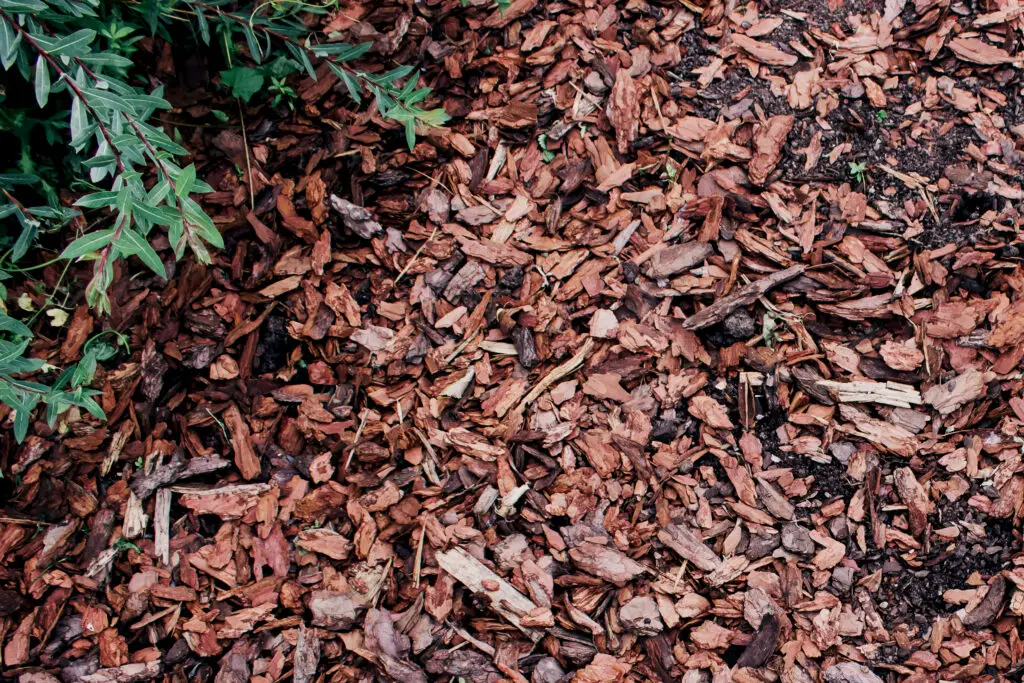
How to replace your wood chips
If you do decide to replace your wood chips, there are a few things to keep in mind:
Try to use the same type of mulch or chips
This will help maintain the natural look and feel of your yard. Dyed mulches will look better if you can match with the same mulch color (even if your older chips are faded) so that it looks as natural as possible.
Don’t overdo it
Adding too much mulch can actually do more harm than good, so be sure to only add as much as you need to for proper coverage. Excess mulch can lead to moisture problems and a lack of air circulation, which can cause your plants to rot. As the mulch decomposes, fresh wood chips that are evenly spread will give the best results.
Water the area well after replenishing
This will help the chips settle in and get off to a good start. The first soak can result in more of a soggy mulch, but you’re looking to settle all the chips into a position around your plants that will keep them healthy in the long term.
Get some help
If you have a lot of garden beds to cover, it might be helpful to get help from a friend or family member. It can be a bit of a daunting task to replace all of the mulch by yourself!
Pull the weeds beforehand
This job will be much easier if you take care of the weed problem before adding fresh mulch. If you’re using organic methods to get rid of weeds, it will also help to add fresh mulch when you’re done to keep the soil healthy and discourage weed growth.
Use the best quality mulch you can afford
Not all mulches are created equal! When you’re looking for a good quality mulch, you want to find one that is weed-free, has a nice color, and comes from a reputable seller. Cheaper suppliers may mix chips in with other materials. Locally produced wood chips may be better suited for garden beds in your geographical area.
How can I make my wood chips last longer?
Wood chips are often used as mulch because it requires minimal maintenance after the initial installation date, but mulch maintenance is still a thing! There are a few things you can do to maintain your garden beds before going for full mulch replacement:
Use hardwood chips instead of pine chips or bark mulch
Pine chips decompose more quickly than hardwood chips, so they may not last as long. Bark mulch also decomposes more quickly than wood chips generally speaking.
Spread them out evenly
If you have a lot of garden beds to cover, it might be helpful to get help from a friend or family member. An even distribution will ensure that the chips last as long as possible.
Water them occasionally
If you’re using organic methods to get rid of weeds, it will also help to add fresh mulch when you’re done to keep the soil healthy and discourage weed growth. Regular watering can also help your wood chip mulch last longer.
Add a layer of organic matter every year
Adding an inch of compost or other organic matter to your garden beds each year will help keep the soil healthy and encourage the growth of beneficial microorganisms. This will also help delay the need for full mulch replacement.
Rotate your mulch beds
If you have the space, rotating your mulch beds can help extend the life of your wood chips. This will help keep the soil healthy and encourage even decomposition.
Are wood chips a low maintenance mulch product?
Wood chips are a popular mulch product for both commercial and residential gardens. They are relatively inexpensive and easy to find, and they provide a number of benefits for plants. However, wood chips are not necessarily low maintenance. They need to be replenished regularly, as they will eventually break down and become part of the soil. In addition, they can be difficult to remove if they are no longer needed. Nonetheless, wood chips can be an effective mulch product if used correctly. When choosing wood chips, look for those that are uncontaminated by chemicals or diseases. In addition, make sure to lay them down in a thick layer (at least 2-3 inches) to ensure maximum benefit. With a little bit of care, wood chips can provide a low maintenance mulch solution for your garden.
Final thoughts
In conclusion, wood chips are a great way to add nutrients to your soil and keep weeds at bay, but they do require some regular maintenance. Make sure to choose high-quality chips, water them occasionally, and add organic matter to your soil each year to ensure that they last as long as possible. If you have the space, rotate your mulch beds to further extend their life. Happy gardening!
